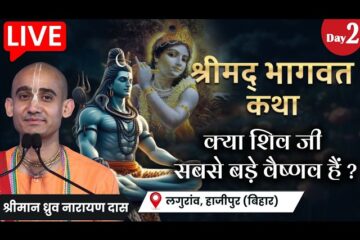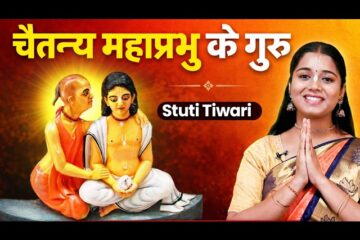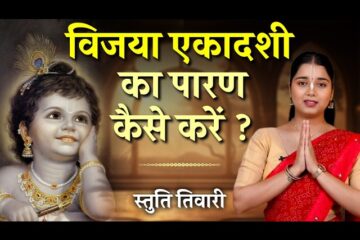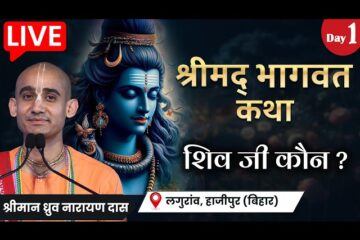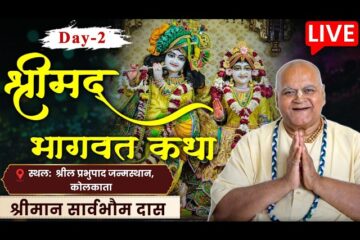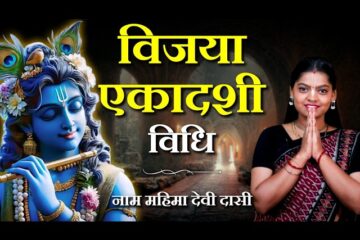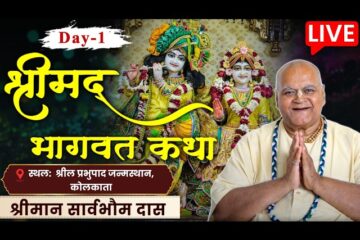Gita for 21st Century – a talk by Dr Ithamar Theodor (Israel), Author of Exploring the Bhagavad-gita: Philosophy, Structure and Meaning.
Buy book – https://www.ashgate.com/isbn/9780754666585
This careful study of the Bhagavad Gita approaches the ancient text with a modern mind and offers a unifying structure which is of a universal relevance.
Combining the philosophical-theoretical with the ethical-practical, Ithamar Theodor locates his study within comparative theology and identifies the various layers of meaning.”
Theodor’s book presents the full text of the Bhagavad Gita in a new translation, divided into sections, and accompanied by in-depth commentary. It aims to make the ancient spiritual classic accessible and understandable to a wide variety of modern readers.
Dr. Theodor, an Israeli scholar of Hinduism who shares his time between the University of Haifa, Israel, and the Chinese University of Hong Kong, first encountered the Bhagavad gita As It Is when visiting the ISKCON center in Tel Aviv some thirty years ago.
“I very much liked the book more or less from the first moment, and have been studying it since then,” he says.
After years of deep interest in the spiritual aspects of the Bhagavad-gita, Theodor began to see its potential for articulating contemporary social-political philosophy.
“I started to think of philosophizing this classical text—writing a commentary which would highlight its unique features which to my mind could greatly contribute to contemporary philosophy,” he explains.
Theodor set to work, completing the book in 2008 during a year spent as a Visiting Fellow at Clare Hall and the Divinity Faculty, University of Cambridge. This, he feels, was the most meaningful period of his time spent writing Exploring the Bhagavad-gita.
“The entire writing process, however, was a very pleasurable experience,” he says. “It was an experience of deep meditation on each and every verse translated, and each and every section and chapter commented about. In a sense, that was the best part. All the rest, such as actually getting published, was secondary.”
When Dr. Theodor did try to find a publisher for his book, it was no easy task. It was hard to make the case for yet another edition of the Bhagavad-gita. But finally Ashgate, a leading UK-based publisher, took notice of Thedor’s fresh point of view—exploring the Gita’s structure—and published the book in July 2010.
“The main contribution of my book is the articulation of the Bhagavad gita’s structure,” says Theodor. “Most scholarly works consider the Bhagavad-gita to contain many deep and wonderful ideas in the realm of ‘wisdom,’ but to lack a coherent structure, which would turn it into a philosophy with universal claims. In articulating the structure, I have applied some traditional ideas with some innovations of my own. And taking into consideration the hierarchical nature of some Indian philosophical traditions, I have tied all this together and pointed at the structure of the book.”
Exploring the Bhagavad-gita has been well-received so far, with Theodor pleased to receive many warm responses from readers who felt touched by the book in various ways.
Then, of course, there’s the Choice award. Feeling happy, honored, and humbled to receive it, Thedor explains why he thinks the Bhagavad-gita belongs not only to the past but to the future as well.
“To my mind, for various global, geo-political and philosophical reasons, global philosophy is moving eastwards, so to speak,” he says. “I can see a possibility of Indian and Chinese philosophy gradually playing a more central role in world philosophy, in mature and ongoing dialogue with western philosophy and theology.”
“The Gita is situated at the heart of it,” he continues, “Not only geographically, being situated between China and the West, but also ideologically. In other words, it adheres to core western theological ideas such as monotheism, but is also compatible with Chinese social (Confucian) and mystical (Daoist) thought too.”
“As such,” Thedor concludes, “It has a potential to occupy a more central role in world philosophy and theology for a long time to come.”
Know more about Dr Ithamar Theodor – http://asia.haifa.ac.il/images/staff/itheodor.htm










